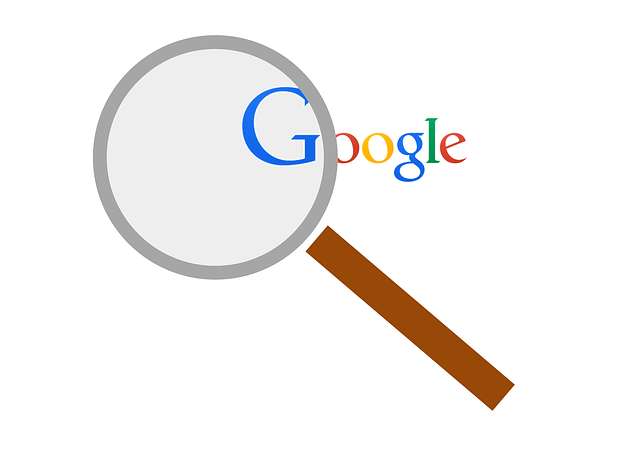Google’s announcement that it would be using the house mark “ALPHABET” for its holding company sparked off a series of debates about trademark implications of using the said word. While numerous companies operate under the name “ALPHABET” as a part of their name, the leader of these companies seems to be BMW. BMW’s representative has stated that Alphabet, a fleet services company operated by BMW is an important part of its business, and that BMW is considering the issue at this point of time, but does not plan to take any action immediately.
With the help of Ms. Sambhabi from BananaIP, we performed a trade mark search on Google’s marks. Here are the results as provided by Sambhabi:
“Google Inc has registered it’s mark in classes 3, 9, 16, 20, 25, 35, 36, 38, 39, 41, 42 and 45. The marks of Google in the said classes include the word
- Google & it’s logo
- Google Chrome (logo)
- Google Plus
- Google Fiber
- Google Wave
- Word Google Plus and its logo
- Google mirror
- Google Chrome Book Pixel
- Google Chrome Base
- Google Chrome Cast
- Google Keep
- Google Drive & it’s logo
- Google Mail.com
- Google Play
- Google Glass; and
- Google Nexus. “
The following marks were reported to be registered with respect to the mark ALPHABET:
“The mark ALPHABET is registered in classes 16, 24, 25, 30, 36, 37 , and 39. Under class 16, it is registered by Ravindra Kumar Choudhary and by Kavita Saraf. Under class 24 it is registered by Duguy Creations, and applied for under class 25 by the same entity. Under class 30, it has been applied for by Nijari I. Panjwani. Under classes 36, 37 and 39 it is registered by BMW.”
Google has been an aggressive trademark filer in India, and the results are not really surprising. However, what is instructive is the fact that the mark, Alphabet, has been registered by several persons in India including BMW, and this could have an impact on how Google can use, or uses the mark for its business.
If Google uses the word as a part of its corporate name, and does not use it as a mark for its products or services, there will most certainly not be any issue with its use. Having said that, in today’s digital and internet age, the corporate name is certain to be associated, directly or indirectly with products or services offered by its subsidiaries, and trade mark trouble is bound to spring up.
Based on Google’s announcement, if we assume that the trade mark will merely be used for a holding company, the most relevant class would be 35, which typically covers general business services. This assessment may however vary based on the specific description of the business. Moving forward with the presumption that Google’s use of the trade mark will be under class 35, what kind of issues would Google face?
The first risk would be of trade mark infringement action by one of the registered proprietors. In a trade mark infringement suit, likelihood of confusion among consumers must be shown, and it would be very difficult for any of the registrants to make out a case for this if Google aggressively differentiates and consumers are able to differentiate Google’s Alphabet mark from others’ marks.
Passing off may not be very easy for the trademark owners, including BMW, to prove as this requires proof of misrepresentation, in course of trade, injury and damage. Google can easily make out a case against misrepresentation.
Trade Mark Dilution will however not be easy for Google to avoid. Though the standard of proof for a reputed mark is high, BMW may not find it very difficult to prove the same if its ALPHABET is in use in India, or if it has trans-border reputation. But, does BMW have enough ammunition to prove dilution? I don’t think so, but I may be wrong.
Whatever said, it seems that Google is intent on going ahead with its mark, and the days ahead will surely add some spice to IP debate.
Image Source/ Attribution here , governed by Creative Commons License CC0 1.0



